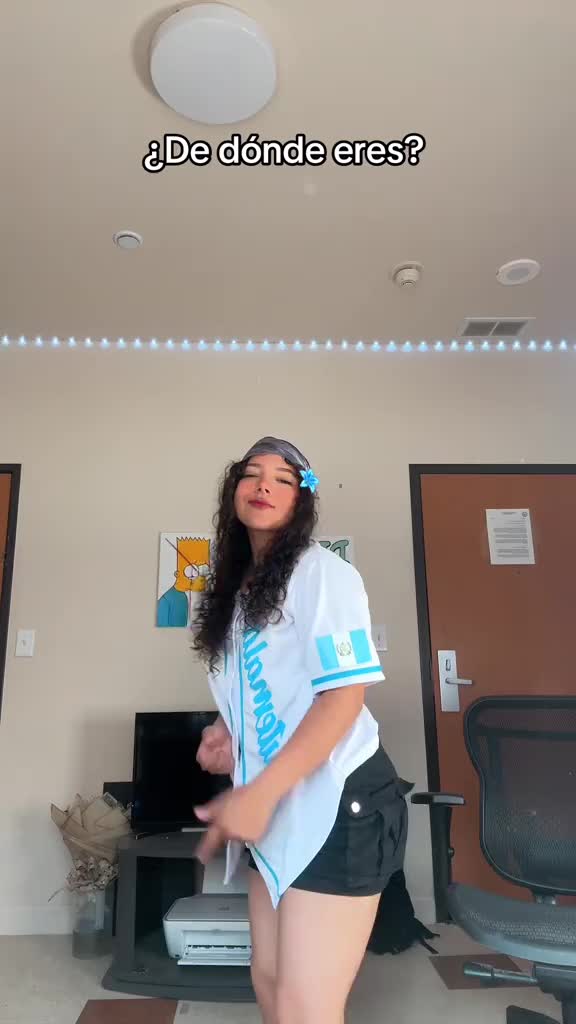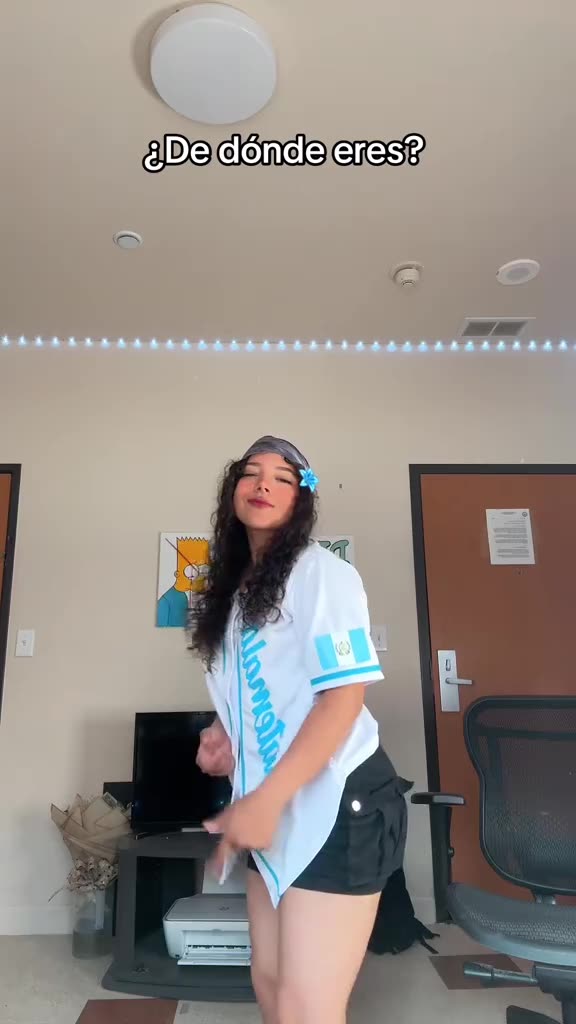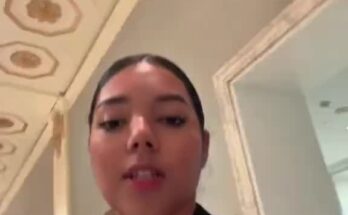

The phrase Están haciendo videos míos, con inteligencia artificial—”They are making videos of me, with artificial intelligence”—highlights a modern reality where AI is used to create hyper-realistic videos featuring individuals, often raising ethical and personal concerns. This phenomenon, driven by advancements in AI technologies like deepfakes, involves generating or manipulating video content to depict someone in scenarios they didn’t experience, sometimes without their knowledge or consent.
Deepfake technology, powered by generative AI models such as GANs (generative adversarial networks), can replicate a person’s face, voice, or mannerisms with startling accuracy. Using publicly available images, videos, or audio—often scraped from social media—AI tools can craft convincing content, from playful edits to malicious fabrications. For example, someone could be shown saying or doing things they never did, which could be used for entertainment, fraud, or defamation. As seen in discussions on platforms like X, this technology is increasingly accessible, with apps allowing anyone to create such videos, amplifying both creative and harmful possibilities.
The implications are significant. Positively, AI-generated videos can enhance storytelling, education, or marketing. However, without consent, they risk violating privacy, spreading misinformation, or damaging reputations. Ethical concerns include lack of transparency, potential exploitation, and erosion of trust in digital media. Legally, regulations lag behind, though some regions are pushing for stricter AI content laws.
To mitigate risks, individuals can limit their digital footprint, use strong privacy settings, and advocate for ethical AI guidelines. Detection tools are improving but struggle to keep pace with AI advancements. The phrase Están haciendo videos míos, con inteligencia artificial underscores the urgency of balancing innovation with responsibility, ensuring AI serves creativity without compromising personal autonomy or trust in an increasingly digital world.
(Word count: 299)


